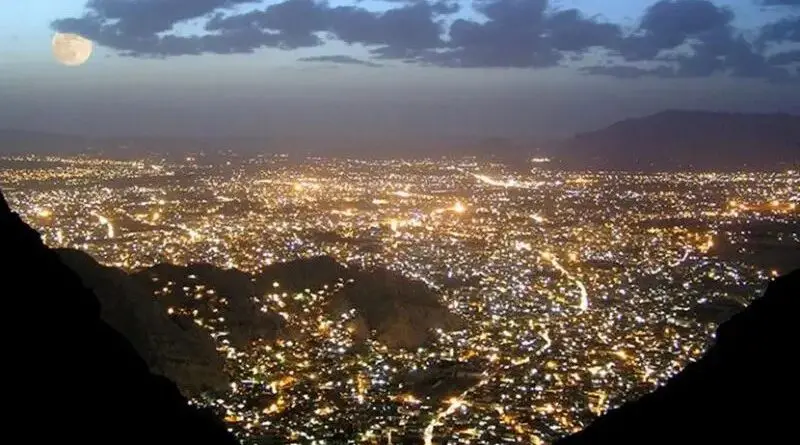Municipal Solid Waste: A Story Of Quetta – OpEd
By Rafi Khan
Quetta a city once called Little Paris is now floundering in keeping the title it held previously. This hilly station, built by the British in 1876 was supposed to hold around fifty thousand people but in the current scenario the city houses around 2.5 million residents. With the growing population, the growing concern about solid waste also raises. The situation of solid waste in Quetta is in dire condition as the city has become a living trash dump site. It is estimated that the city produces Municipal Solid Waste (MSW) of around 1200 Metric Tons (MT) to 1400 Metric Tons, whereas, the Metropolitan Corporation Quetta lifts MSW of around 550MT to 650MT. This in return leaves a huge gap daily causing several issues related to health, environment, and society for the residents of Quetta City.
There are several reasons for this bulk of solid waste in and around the city. Some of these are a lack of resources, proper planning, leadership, and public awareness. It is said that the MCQ has a human resource of around 934 people and the garbage collecting vehicles are around 101. The vehicles are also outdated as they have completed their mechanical and financial period. With these challenges at the front, the city will face several consequences in the context of health and the environment.
The impact of solid waste on health is hazardous and complicated. The poor management of waste leads to air pollution, water, and soil contamination. Open landfills help in contaminating the drinking water and leading to infection and the spread of diseases. Similarly, waste also has a direct impact on the economic situation of the region. The three R’s (Reduce, Reuse, and Recycle) can help save a lot of money for consumers. Another direct impact is that waste management can produce thousands of jobs daily. In the indirect aspect of waste, as already discussed, if the microbes in waste are disseminated and destroyed properly, can lead to less hazardous impact on the health of people and the environment of the city. Thus, bringing less burden on individual and exchequer’s spending on health. The environment is also affected by the dumping of solid waste when left untreated. The waste in return produces methane, foul odor, air pollution, and breeding of flies and insects that resultantly transmits diseases to humans.
There are multiple reasons for this dilemma. The underdeveloped or lack of infrastructure with a pinch absence of equipment to carry out the day-to-day operations of collecting and disposing of solid waste adds more to this quandary. It is estimated that Metropolitan Corporation Quetta (MCQ) has a workforce of 1000 sanitation workers that dates back to the time of 1985 when Quetta had a population of some half a million. Whereas, it needs to add 2500 more workers to fill in the gap. Similarly, inadequate funding has also exacerbated the situation to get worse to the point to destabilize the environment. In the past funds were allocated to establish new recycling plants but all in vain.
The whole episode of trash can not be fully thrown upon the government but also the local masses play a strong part in the exacerbation of the said dilemma. Lack of proper knowledge of waste management and its disposal is seldom found in the citizens of the city. People do not own the city and throw their trash wherever it is convenient to them without thinking of the consequence the waste poses to them.
It is high time the government takes the initiative to build new infrastructure for waste management. This includes waste collection daily from each area of Quetta with new sustainable treatment plants and disposal facilities. It is also pertinent to educate the local masses about the consequences that municipal solid waste poses for them and the environment. And the government needs to initiate policies and regulations to enforce solid waste management practices.
This all can be achieved if only the government and local masses/community work collectively. The importance of a joint initiative will lessen the burden on the part of the government and will lead to a more sustainable environment that will pave the way for a better and prosperous future.

